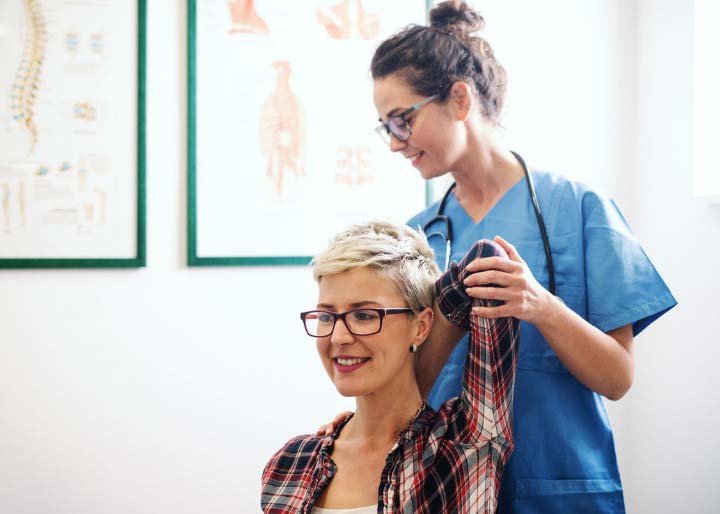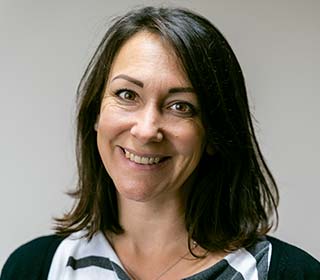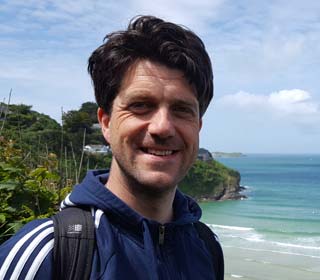Osteopathy Clinic

What do we do?
Osteopathy is a system of diagnosis that treats and prevents a wide range of health issues. These include, but are not limited to joint pain, neuromuscular conditions, digestive conditions, headaches and migraines.
Osteopathic practice is a safe and effective form of treatment which may consist of a combination of movement, stretching, targeted deep tissue massage and manipulation of muscles and joints.
How do we do it?
Your treatment plan will be based on what you as an individual need to improve function, relieve pain and aid recovery.
Your osteopath will ask about your current symptoms and medical history. Your osteopath will examine you to reach an osteopathic diagnosis. Your osteopath will also assess your range of movement and feel for changes in your muscles and joints. You may be asked to dress down the area(s) of your body causing concern for examination and some clinical tests which may cardiovascular and neurological screening. If you are uncomfortable undressing to your underwear for the examination then we ask that you bring clothing such as shorts and a T-shirt along.
Our purpose-built clinic is run by third and fourth-year student osteopaths, and students in other years may observe as part of their training. Our qualified tutors supervise the student osteopaths to ensure that diagnosis and treatment are safe and effective. You can see the same student osteopath, for continuity, up to a maximum of 6 times. This is to ensure our students see a variety of patients and conditions during their clinical training.
Your treatment plan will be discussed with you and recommendations made; referrals to other healthcare professionals such as your GP may be made at this time.
Osteopathic treatment is usually very gentle, however, you may experience mild discomfort afterwards, but in most cases, this will pass within 24 hours. If you have any concerns about your treatment you are encouraged to discuss them further with your osteopath.
• Initial consultations last approximately 90 minutes
• Follow-up consultations last approximately 45 minutes
Your treatment may begin at your first appointment. You may also be given exercise and stretch advice to be done as part of your treatment plan outside of your visit(s) to the clinic.
Contact us
You can call the clinic on 01752 636700 followed by the extension 7193
To give feedback or make a complaint, please use the links at the bottom of this page.
Who is it for?
We treat patients with arthritic pain, circulatory problems, cramp, digestion problems, fibromyalgia, frozen shoulder, shoulder and elbow pain, tennis elbow arising from associated musculoskeletal conditions of the back and neck (but not isolated occurrences), headaches arising from the neck, joint pains including hip and knee pain from osteoarthritis as an adjunct to core OA treatments and exercise, general, acute & chronic backache, generalised aches and pains, lumbago, migraine prevention, minor sports injuries, muscle spasms, neuralgia, tension and inability to relax, rheumatic pain, sciatica and uncomplicated mechanical neck pain (as opposed to neck pain following injury i.e. whiplash).
Book an appointment here for this clinic
Book an appointment
When: Monday - Friday 09:00 - 17:00
Where: Marjon Osteopathy Clinic | what.3.words - ///care.relax.such

Stephanie is a qualified Osteopath who supports a varied patient base, her areas of expertise include technique, physiology, pharmacology of common drugs, a best practice approach to treating babies and woman’s health.

Kieron Kerr is a qualified Osteopath who has worked in established clinics and has run his own successful clinic; he has special interests in biomechanics and working with patients with chronic pain.
Our Osteopathic Medicine training is accredited by the General Osteopathic Council.
All information will be treated as confidential in accordance with the standards of practice set out by the General Osteopathic Council and the General Data Protection Regulations (GDPR) May 2018.
